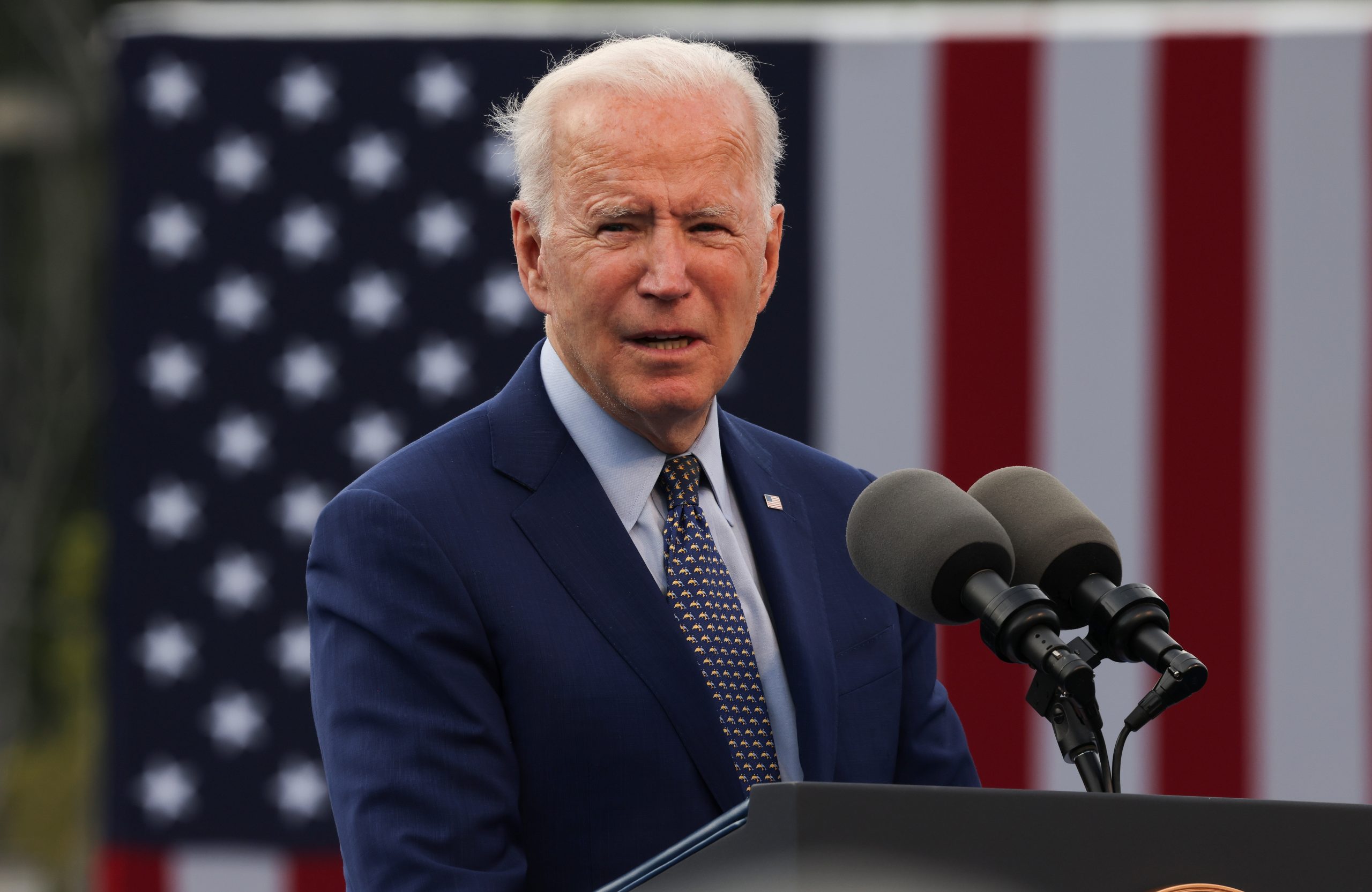President Joe Biden on Thursday said he planned to continue talks with Republican Senator Shelley Moore Capito about infrastructure and jobs, but would not accept a proposal that funded only a fraction of his $2.3 trillion package.
Biden told reporters during a visit to Georgia that he had a good call with Capito, the top Republican on the Senate Public Works Committee, who helped design a $568 billion, five-year Republican infrastructure package as a counteroffer.
He said he had offered to invite her to the White House in coming weeks with other lawmakers she wanted to include.
“She seemed positive about wanting to do something about it and serious about it,” Biden said, although he said the two sides were still not in agreement on what exactly constituted infrastructure.
“Let’s decide on … what they are prepared to consider as far as what constitutes (infrastructure) … and then we can figure out how to pay for it,” Biden told reporters at Dobbins Air Force Base, after a rally in Duluth, Georgia.
Republicans reject Biden’s plans to fund child care, home care and other components of what he calls “human infrastructure” as unnecessarily expanding government.
Biden said he said it would be a “no-go” if Republicans came in with a proposal that covered just a small part of his plans.
“If like last time they come in with one-fourth or one-fifth of what I’m asking and say that’s our final offer … then no, no go,” he said.
Biden marked his 100th day in office on Thursday with a speech at a drive-in rally in Duluth, Georgia, urging Americans to support his plans to invest a combined $4 trillion to rebuild the U.S. economy to benefit the middle class.
He said the plans would add millions of well-paying jobs and trillions of dollars to economic output in coming years, while helping to reverse decades of systemic racism.
Republicans have also taken aim at tax increases on corporations that Biden has proposed to help fund his plans.
Capito and other Senate Republicans last week unveiled their much smaller proposal for infrastructure spending, which is narrowly focused on more traditional infrastructure projects and broadband access.
The Republican plan would not result in higher taxes but be fully paid for with user fees on electric vehicles and other items, unspent federal funds and possible contributions from state and local governments.
(Reporting by Andrea Shalal; Editing by Kim Coghill)

























 Continue with Google
Continue with Google